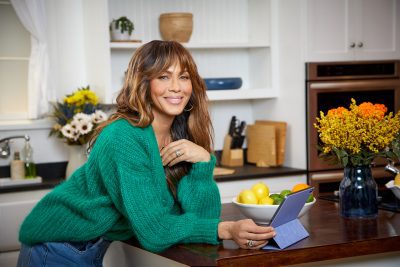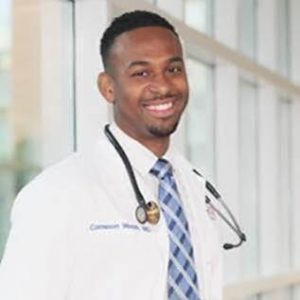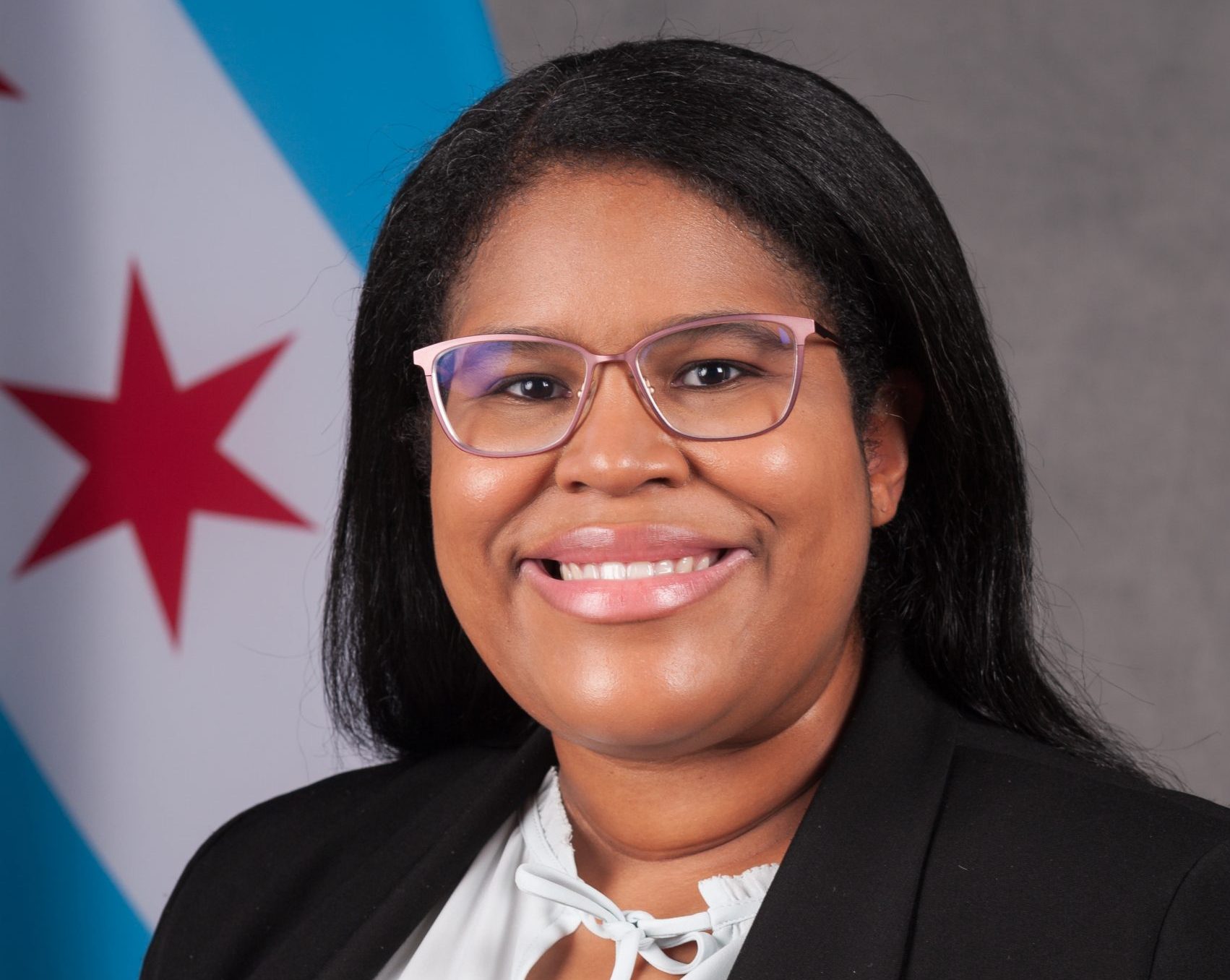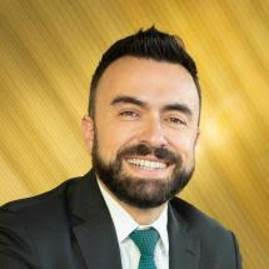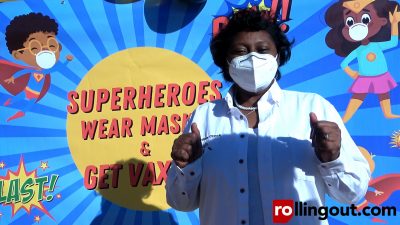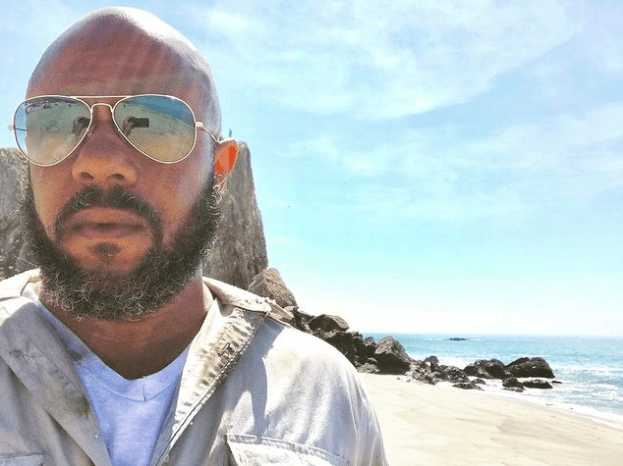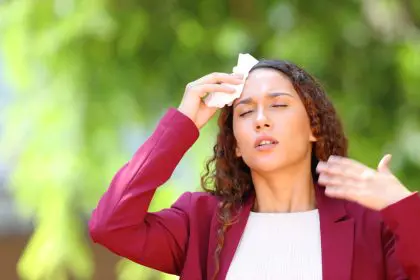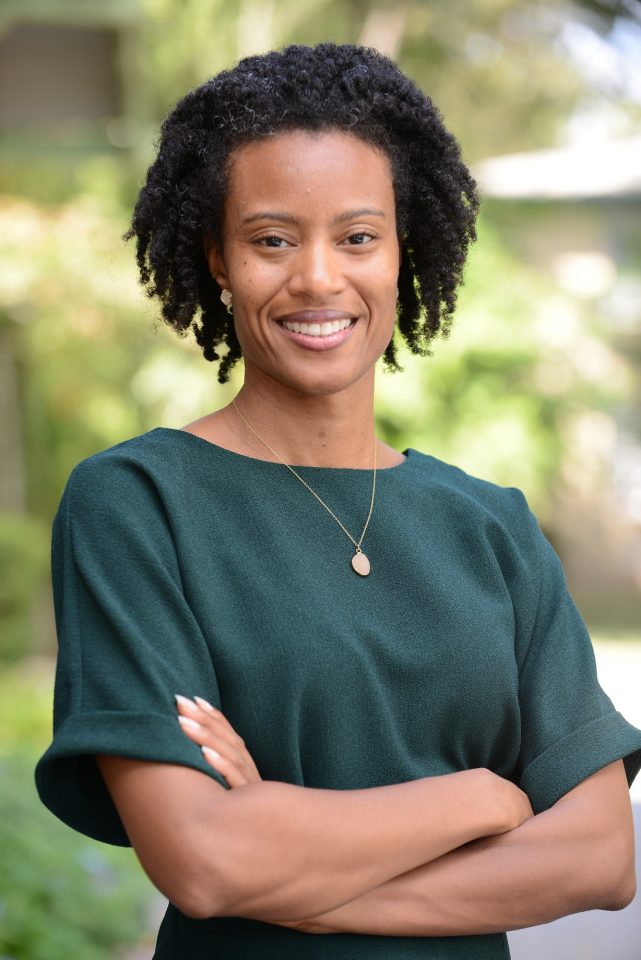
In her role as director of the Office of Global Affairs at the Department of Health and Human Services, Loyce Pace is responsible for advancing the U.S. international health agenda through multilateral and bilateral forums. She joins rolling out’s Health IQ to tell people to not let their guard down now.
Can you describe why we need the attention of the entire Black community right now?
We have seen the headlines telling us COVID is not done with us yet. We know people who are vaccinated stand a much better chance at surviving this disease, so we want to continue to get this message out for those who remain unvaccinated to please line up for those shots. We know this is going to be the best way to prevent illness, particularly severe illness, and get us back to life.
What will happen over the next few months as kids go back to school, and festivals still go on?
People have seen updated guidance coming out of the CDC recommending even vaccinated people will have to mask again to increase their chances of not transmitting this illness and to provide an additional [layer] to their protection. I know this can be disheartening for a lot of folks because we were all hoping to be on the other side of this by now. The reality is, this virus and in particular, this Ddelta variant is really showing us what we are up against and we want to be sure everyone is as safe as possible so that we really can get back out and not have the same sort of lockdowns we endured.
What would you say about misinformation and COVID fatigue?
I’m tired too. We have a lot of health care and front-line workers who are over this. Those of us who have seen it firsthand know that it is very, very real. I think the most encouraging part of this story is that we have tools that work. A year ago we didn’t have vaccines to lean on. We had to hope for the best in many ways. Now we have another tool in our arsenal that is 90 percent effective when it comes to severe illness, we’re thinking 80 percent effective with virus transmission.
As a Black woman and public health professional, what do you want to tell Black families?
I want them to know we are thinking about them and doing right by them, tracking this and trying to understand all the ways that this virus changes and moves. We appreciate their patience and trust. Being a Black woman myself, I think about how this affects my family and our people and it’s personal. School districts are taking the precautions they need to keep these kids safe. We absolutely want to protect everyone we can, particularly those that are most vulnerable.


